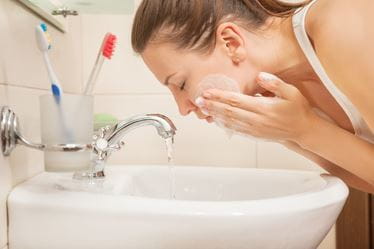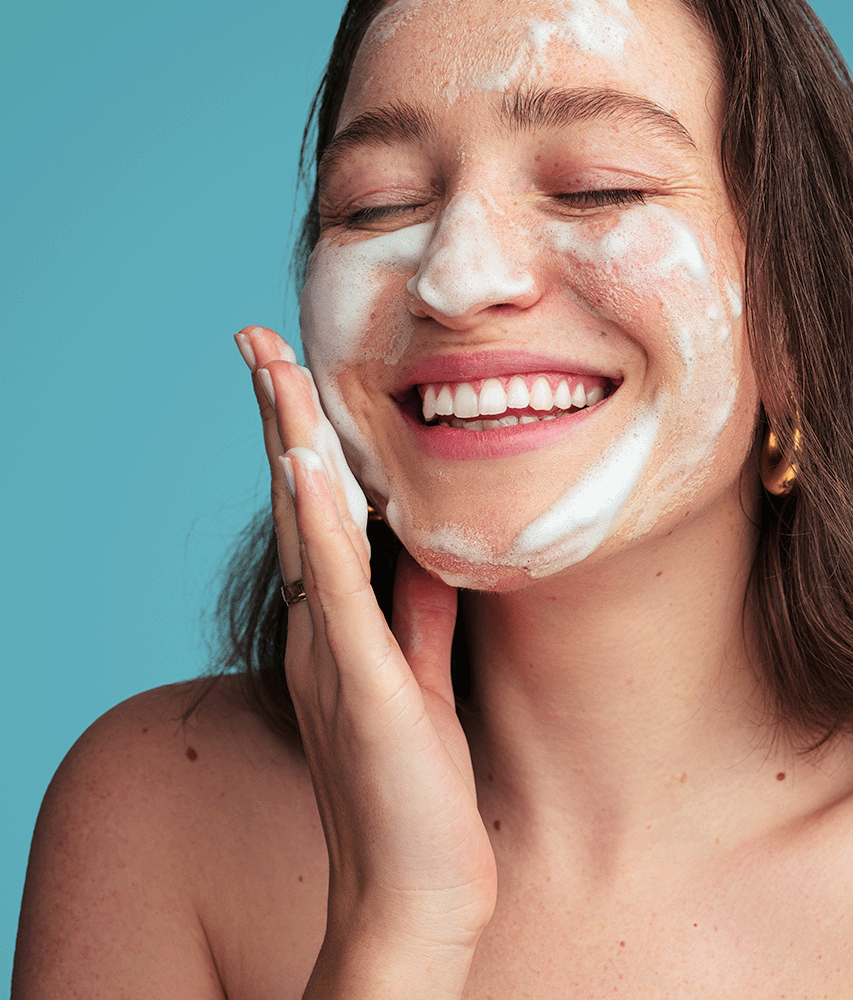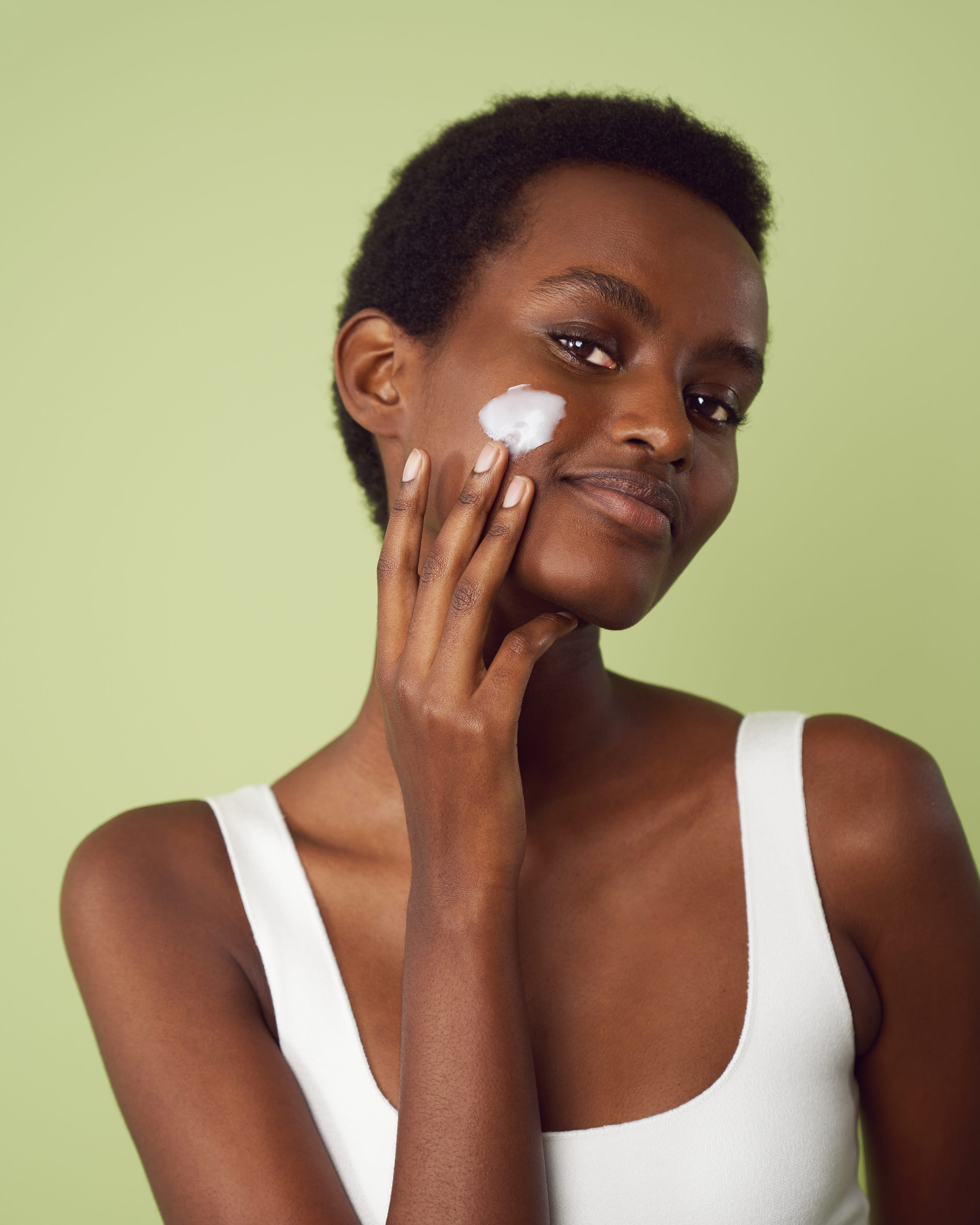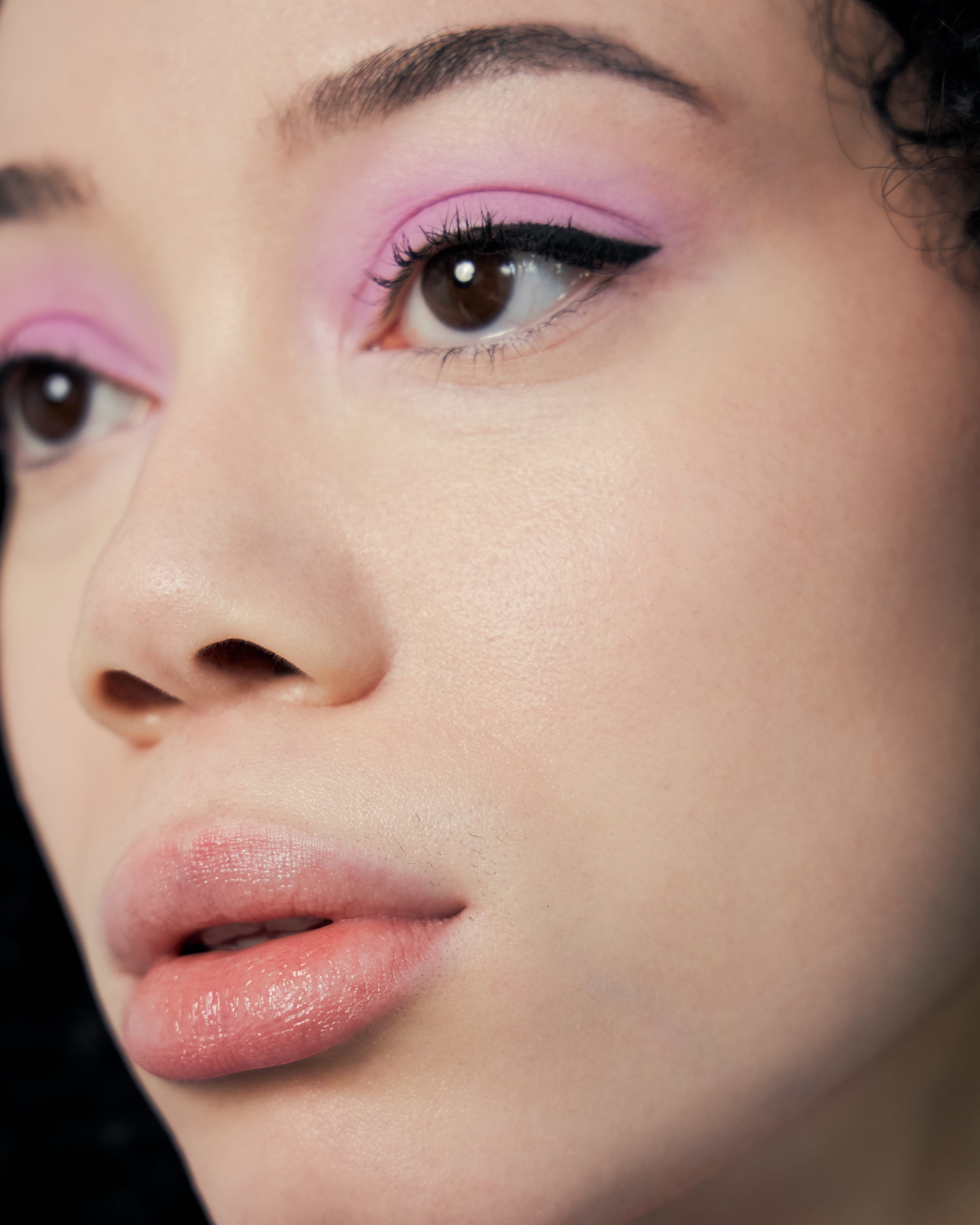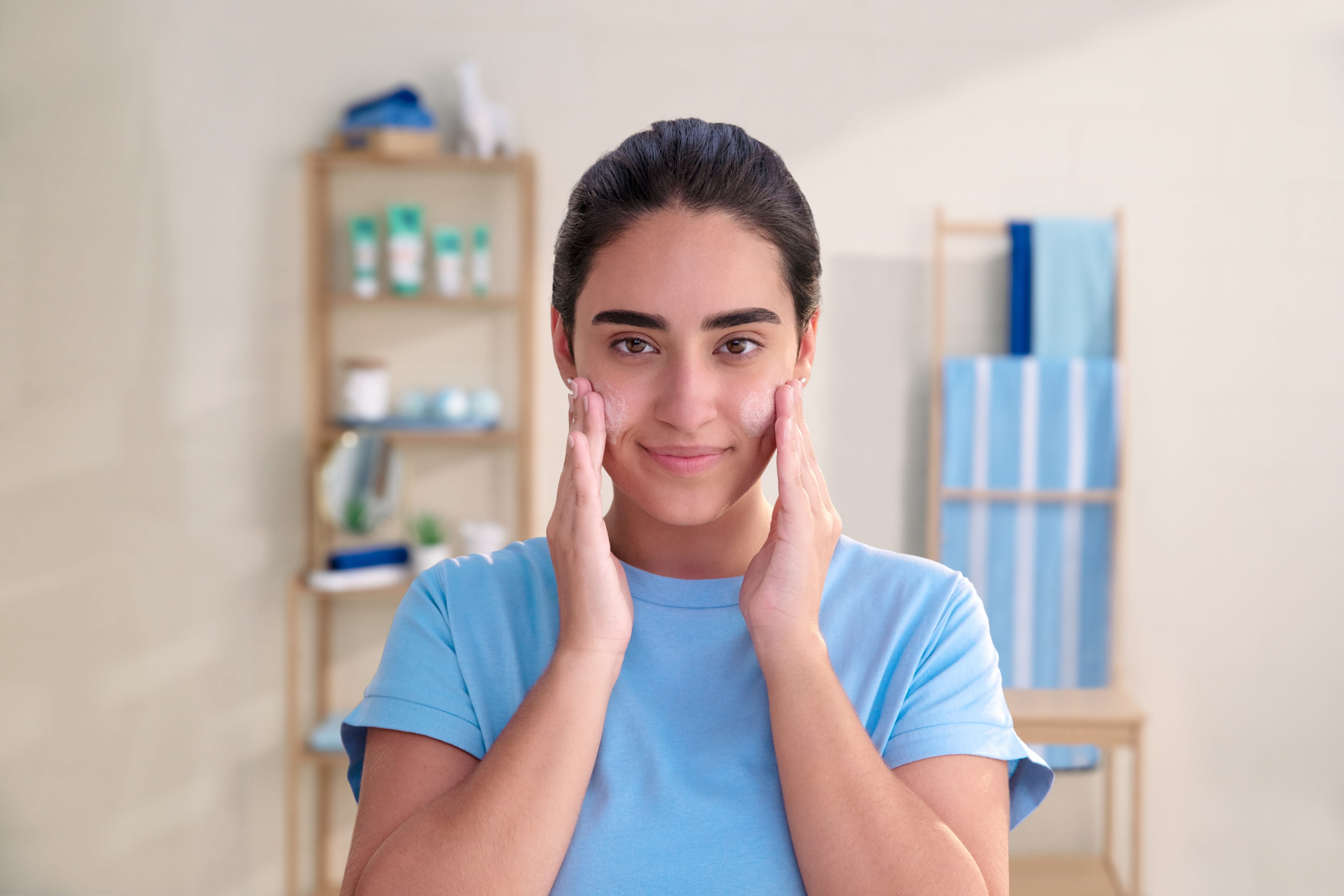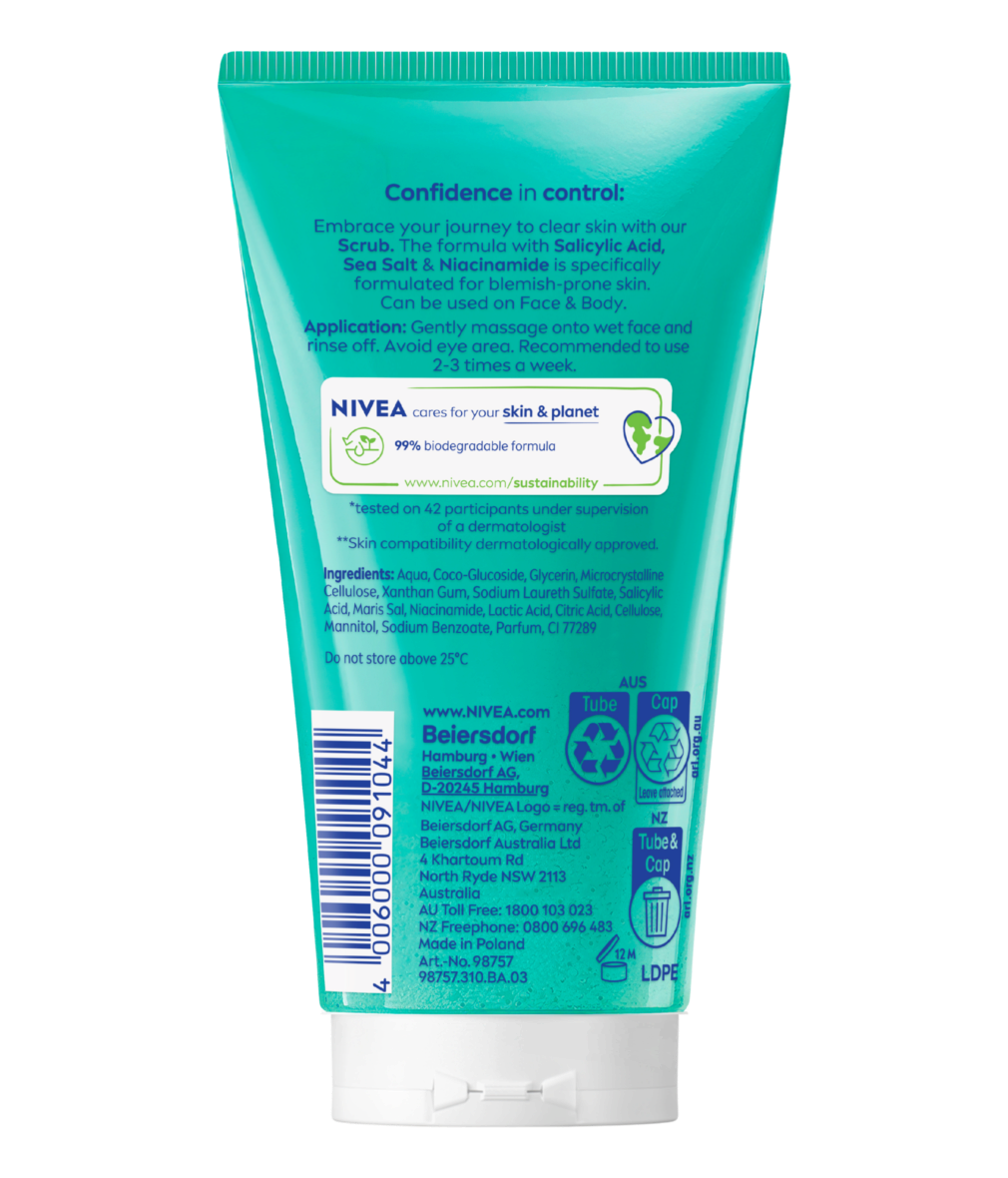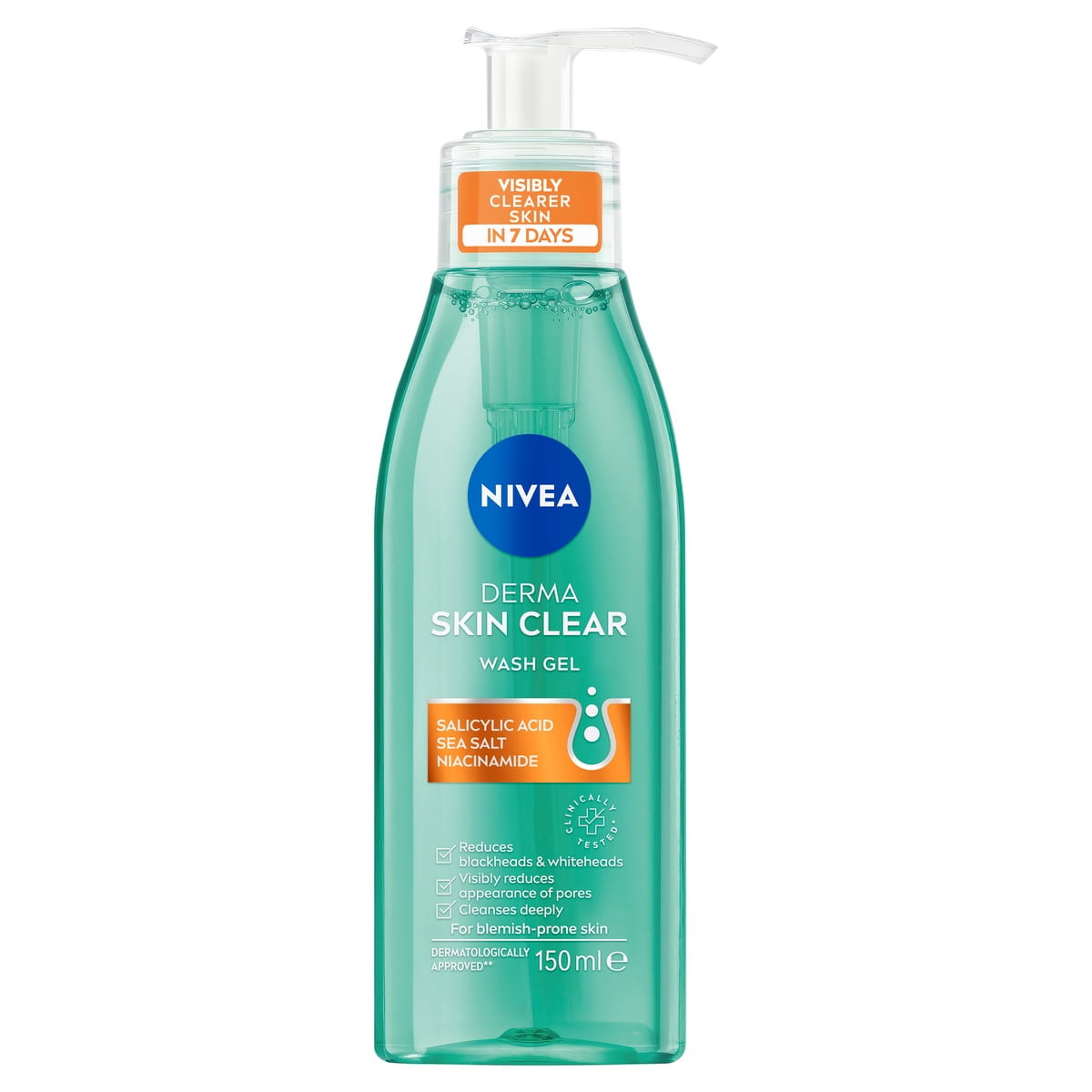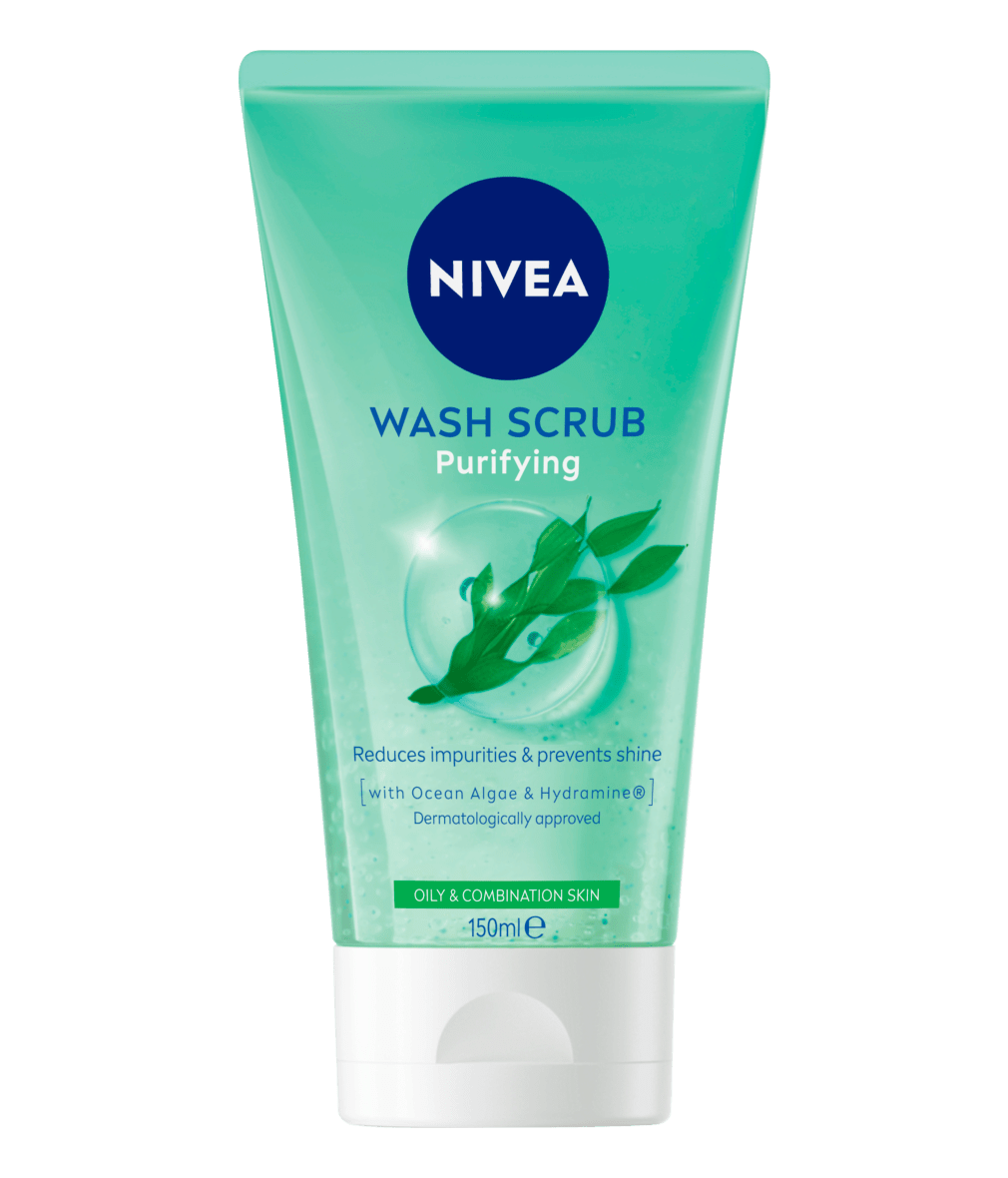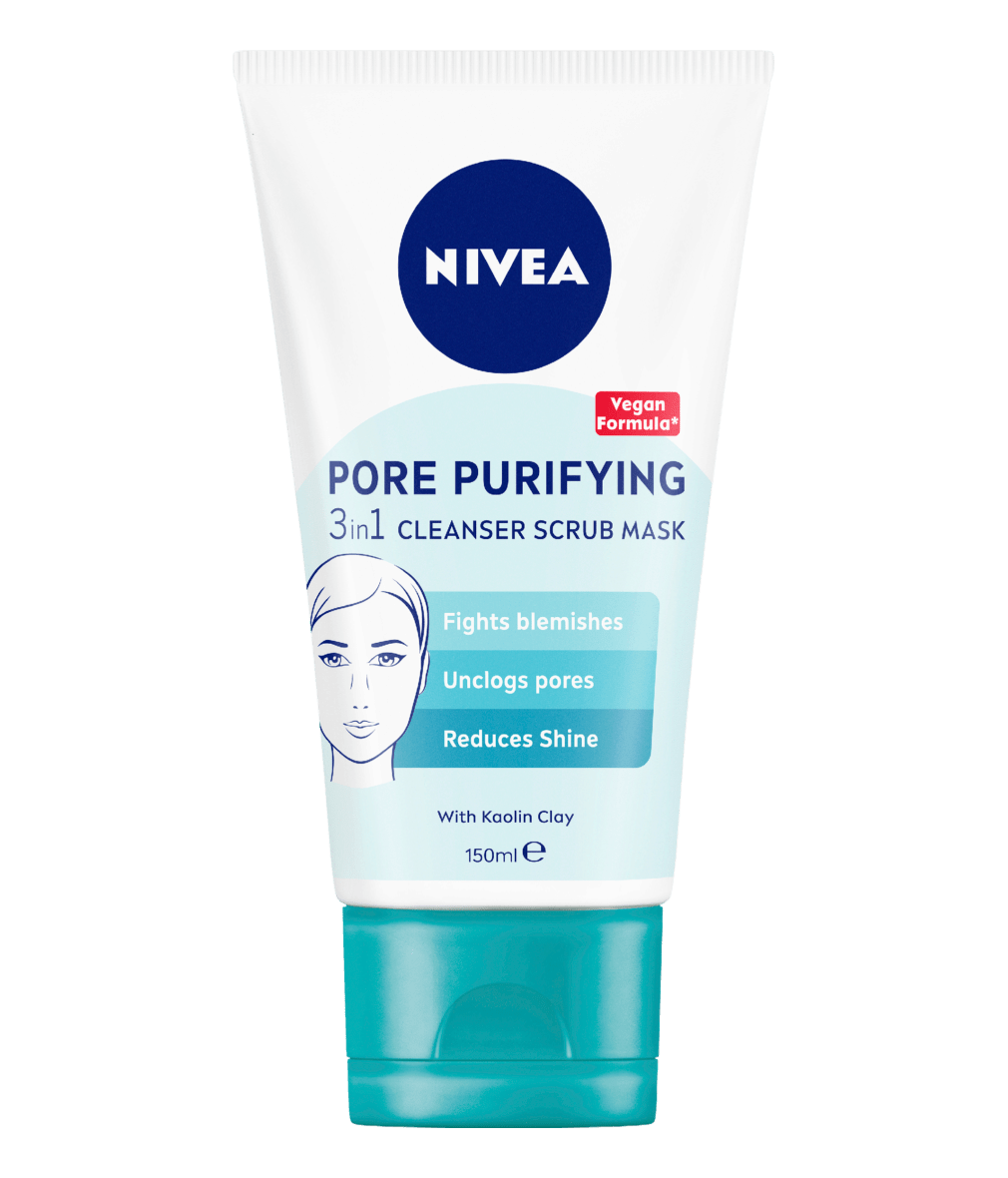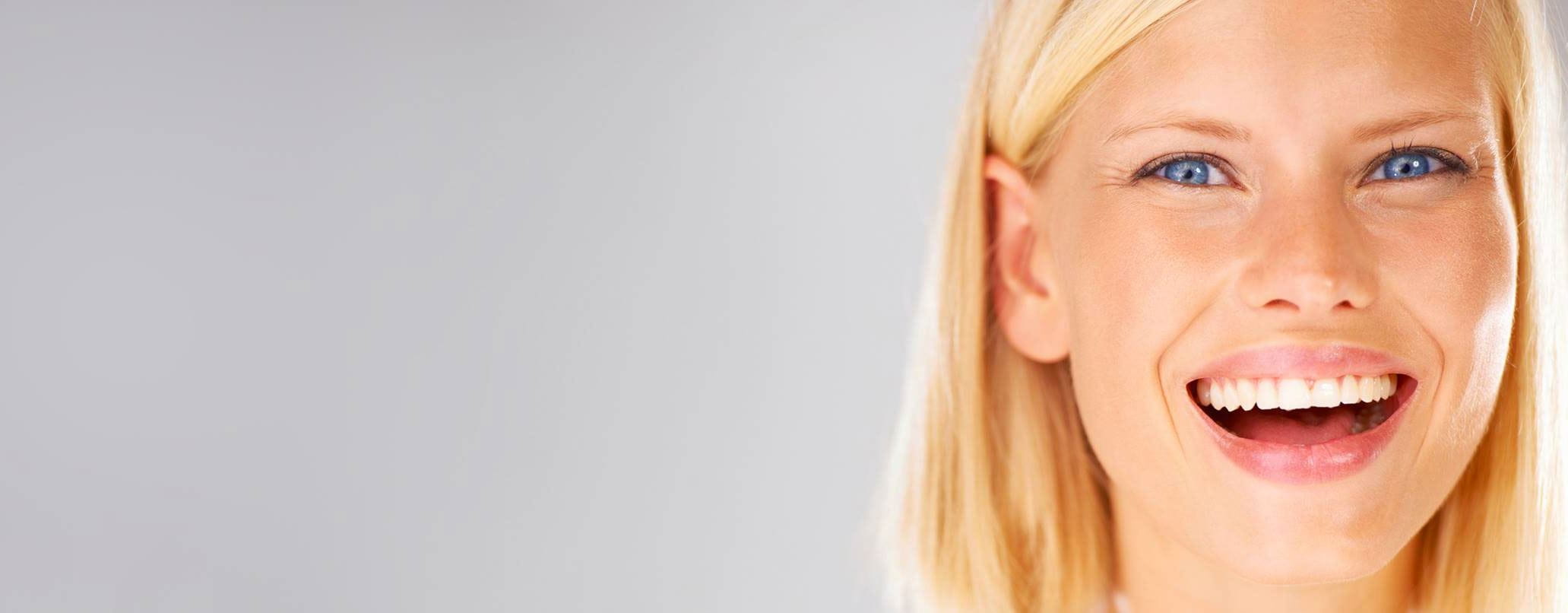
Acne Treatment and Prevention: Your Complete Guide to Clearer Skin
Acne treatment is becoming more and more sophisticated. Today, there are several effective ways to treat and prevent acne. NIVEA offers gentle, effective acne treatment and skincare for acne. Discover trusted solutions for acne and skincare needs, your path to confidence starts with NIVEA.
Written by the NIVEA Team
What Causes Breakouts?
The Best Acne Treatment Methods That Actually Work
Treating acne can be more complex than preventing it. While mild acne may resolve naturally, severe cases often require professional care. With the right skincare for acne and expert guidance, clearer skin is achievable.
